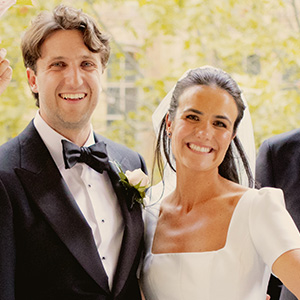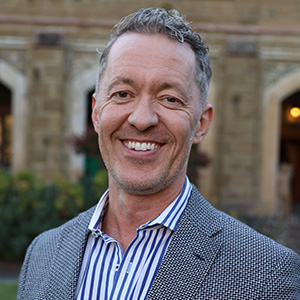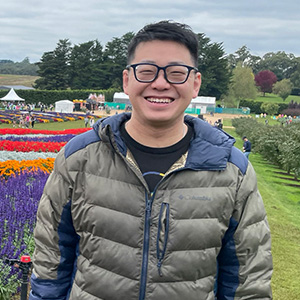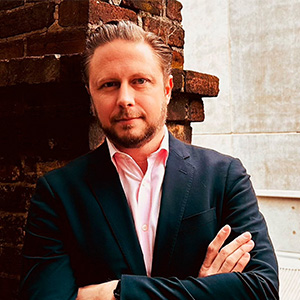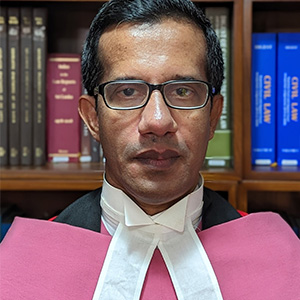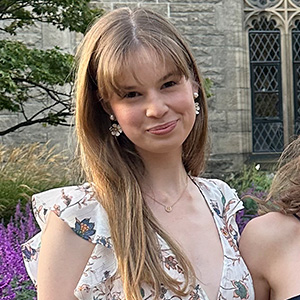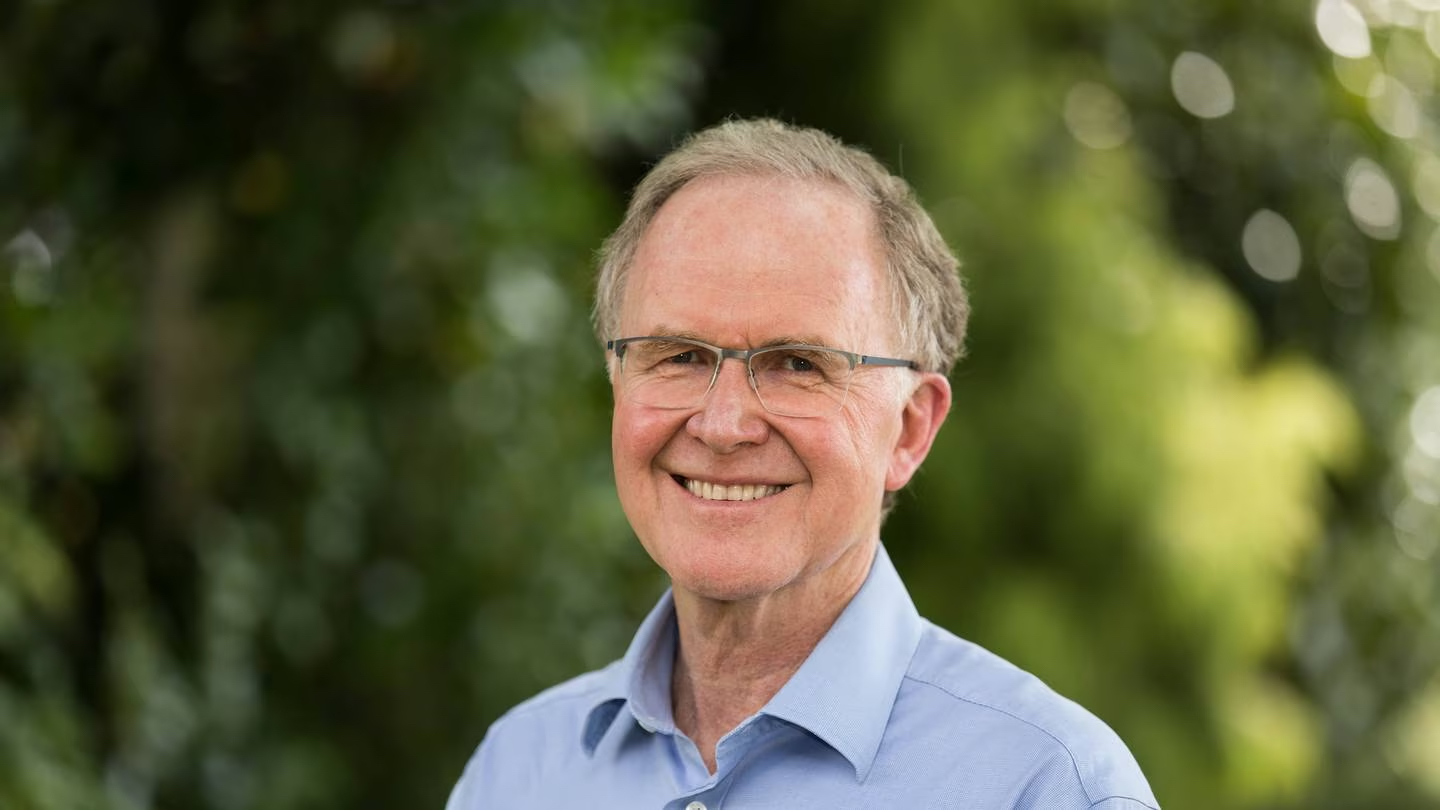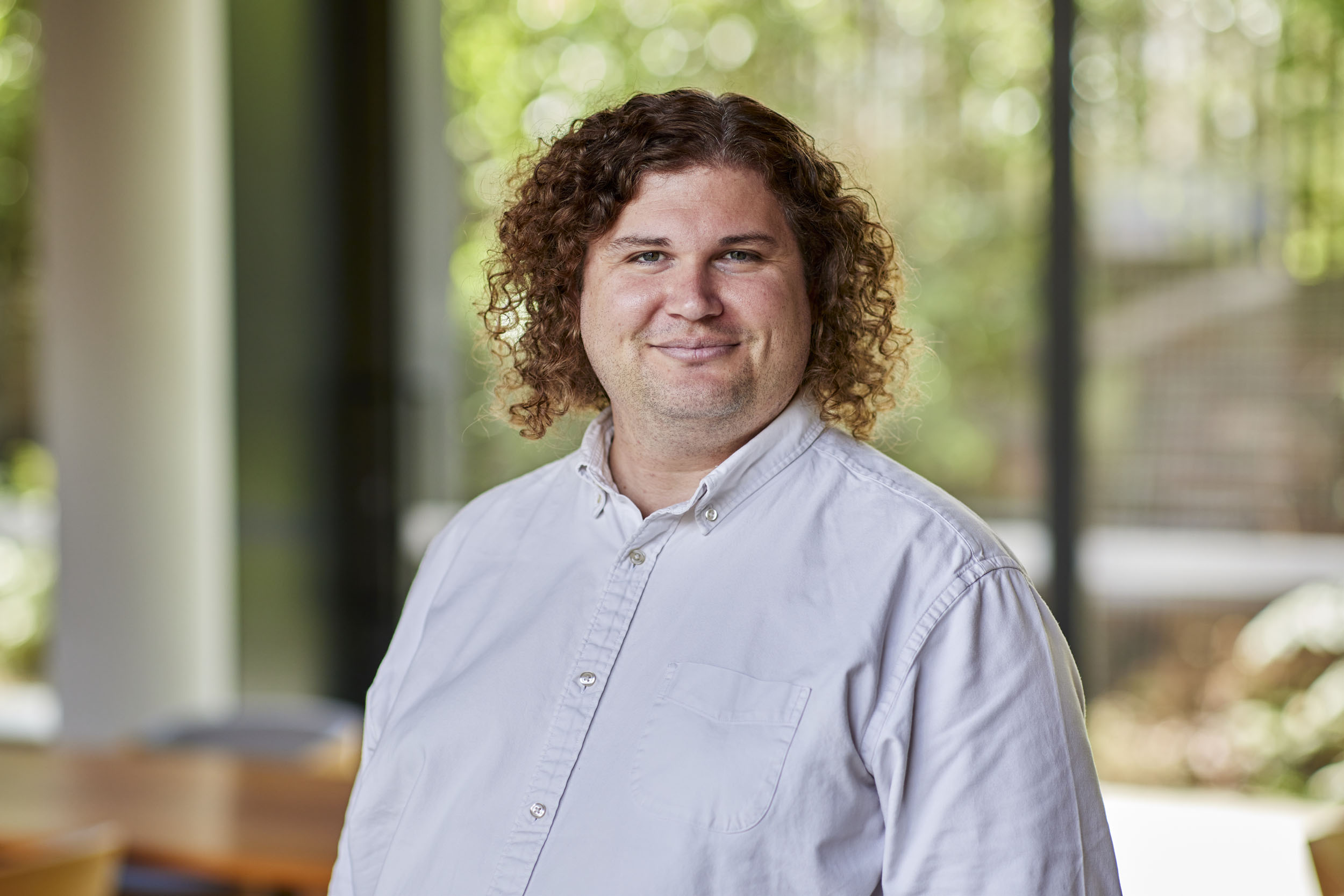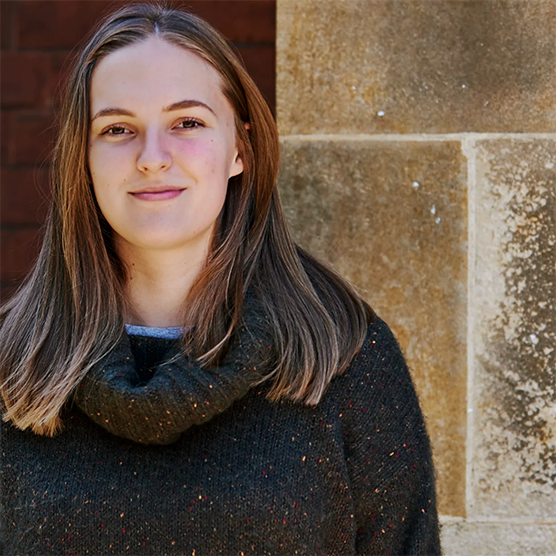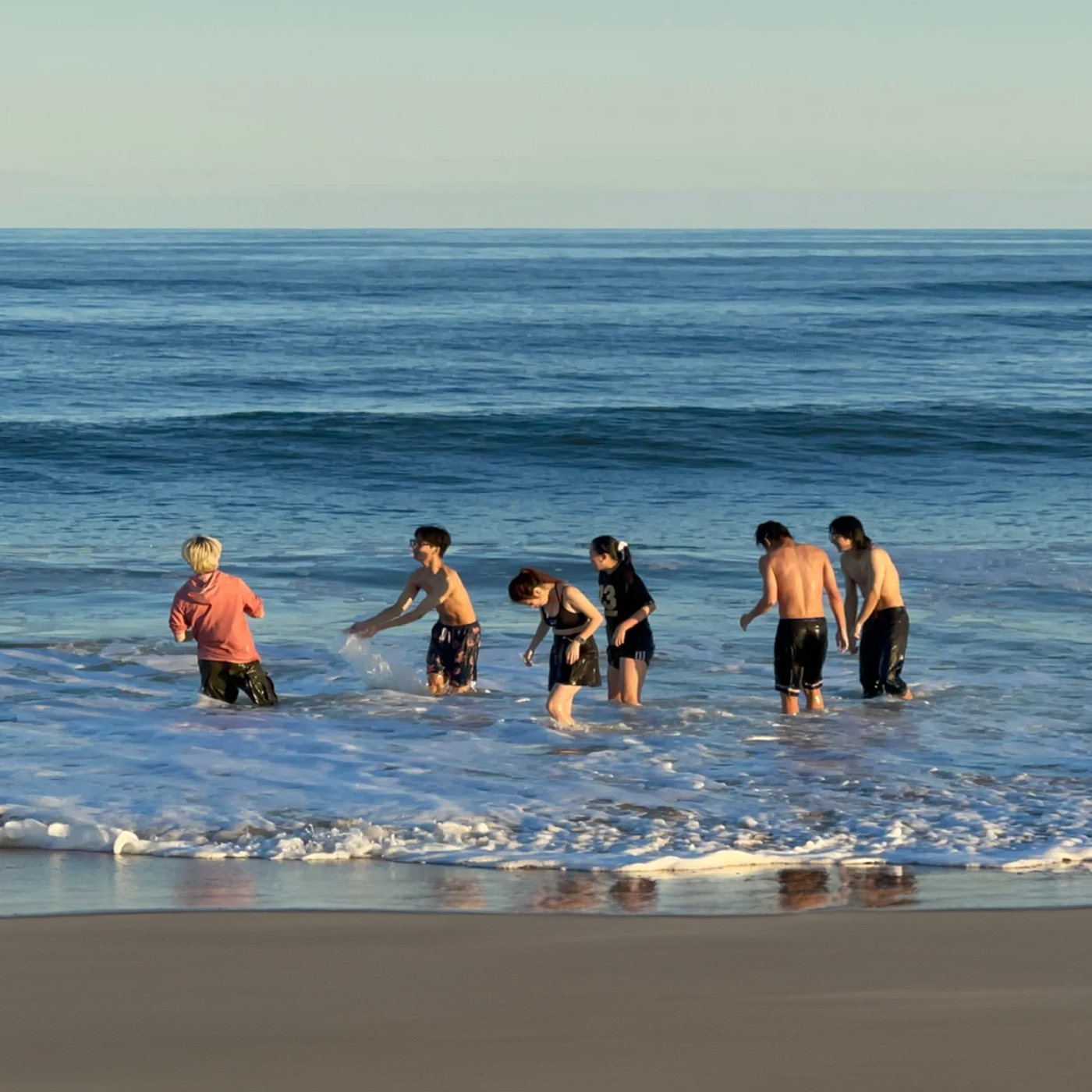

If there’s one thing the pandemic has taught us, it’s that technology has its downfalls. As Emma is speaking to me from her home city of Washington, DC, the Zoom connection drops out and we resort to FaceTime while moving around our respective houses to find the best signal. The tech challenges are easy to brush off, but, during the interview, they become an analogy for a much darker scenario.
‘See how technology can go wrong?’ laughs Emma as she searches for a Wi-Fi connector. ‘It’s the same with nuclear weapons, right? We still have a lot of them, and the problem is that there could be a miscalculation or mistake, or even a misunderstanding by one side of what the other side is doing.’
Emma is a leading expert on nuclear weapons and became a passionate advocate for their control and disarmament after learning about nuclear weapons in high school. ‘I was horrified but fascinated at the same time,’ she remembers. ‘It seemed ridiculous that humankind created something that we could obliterate ourselves with … with the macabre logic that, well, if I've got nuclear weapons, and the other country has nuclear weapons, and we both threaten to use them, that stops either of us from using them.’
Further into her studies and career (which has included advising on national security and international affairs for the Department of the Prime Minister and Cabinet and leading the MacArthur Foundation’s Nuclear Challenges grantmaking program) she realised, even more concerningly, how easily a misfire could occur.
‘If you have thousands of [nuclear weapons] ready to go within a few minutes, and you only have a few minutes to make a decision … it's not hard to see the drastic situation you're in, where nuclear annihilation could be decided by one or two people within a matter of minutes.’ In the United States, for example, the President has complete authority to order a nuclear attack, without requiring any input from Congress or other government officials.
‘Sometimes, I think, I don't know why I chose such a depressing topic to study,’ she laughs.
As it currently stands, about 13,000 nuclear weapons exist in the world today, held by nine countries. ‘A lot of people think nuclear weapons went away with the end of the Cold War,’ says Emma, recognising that a lot of great work was done in the 1990s to disarm many weapons. ‘But they are gaining prominence again, and I think not a lot of people have been paying attention.’
The COVID-19 pandemic has exemplified the globalised nature of the modern world and how unprepared we are to respond to global threats. Emma highlights the potential impacts of a nuclear attack, which would cause problems similar to those of the pandemic, plus some. These include disruptions to food chains and the economy, potential changes in climate, and the inability of support services to access disaster zones due to radioactivity. There would be many deaths and the destruction of entire cities, which would become uninhabitable.
All of which begs the question: Why do we need nuclear weapons in the first place, and what is the alternative for countries who see them as a genuine line of defence in the modern world? ‘In order to be able to say, get rid of nuclear weapons, you need to think, how could you maintain security without them?’ says Emma. ‘How might you get to a place where countries can coexist peacefully without the threat of nuclear annihilation? … Trying to solve this difficult challenge presents a call to action for people who are willing to challenge assumptions, ask questions, and bring creativity and a problem-solving mentality to this, because it's just too important not to.
‘I'm seeing some really interesting people getting involved in nuclear risk reduction with a range of talents and backgrounds. You've obviously got the physicists, and people who focus on politics, but we're also seeing others like neuroscientists who are looking at what we know about the brain and how it responds to pressure, and how it would respond to having to make a decision about launching a nuclear weapon.’
Emma stresses that the people likely to be most affected by nuclear weapons also need a seat at the table. ‘We know that nuclear weapon decisions have traditionally been made by a small population, predominantly men. And I think that by bringing in people with a range of perspectives and experiences, including people in frontline communities who have been affected by production, testing and radiation – bringing a whole lot of different people together to try to solve this problem – is the way forward.
‘We really owe it to ourselves and future generations to try to change the status quo and the trajectory we're on.’
What can we do?
Emma suggests we all educate ourselves about the role nuclear weapons still play in our world and their effects. Although Australia doesn’t currently have nuclear weapons, Emma points out we’re a close ally of the US, which does, and which protects us with its weapons. Furthermore, Prime Minister Scott Morrison’s plan to acquire a nuclear-powered submarine fleet under a security pact between Australia, the UK and the US involves nuclear technology sharing between the US and Australia. While used only to fuel submarines and not to develop weapons, the technology involved is the same.
There has been debate in the strategic community about whether Australia should develop its own nuclear weapons, and, though unlikely to happen any time soon, this could set a precedent for other countries, potentially paving the way for proliferation of this highly sensitive technology.
Emma says now is the time to become informed about nuclear weapons, their technology, and their devastating impacts, and have a say in what’s at stake. See ploughshares.org
Did you know?
There are more than 13,000 nuclear weapons in the world. About 90 per cent are in the US and Russia, with the remainder in China, France, Israel, India, Pakistan, North Korea and the UK.
By Emily McAuliffe
This story first appeared in issue #90 of Trinity Today.


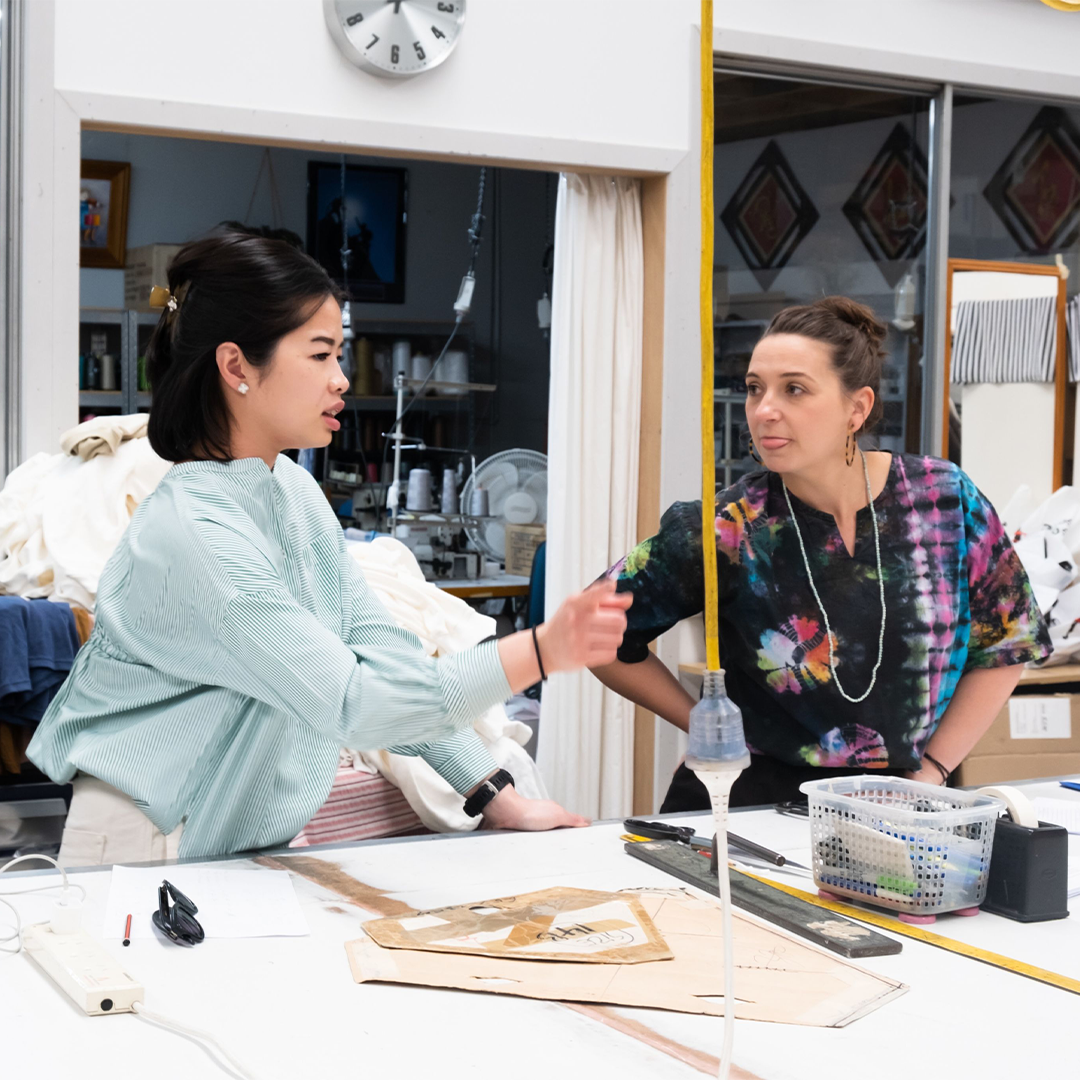

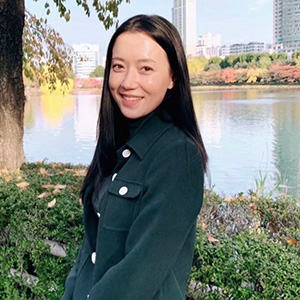
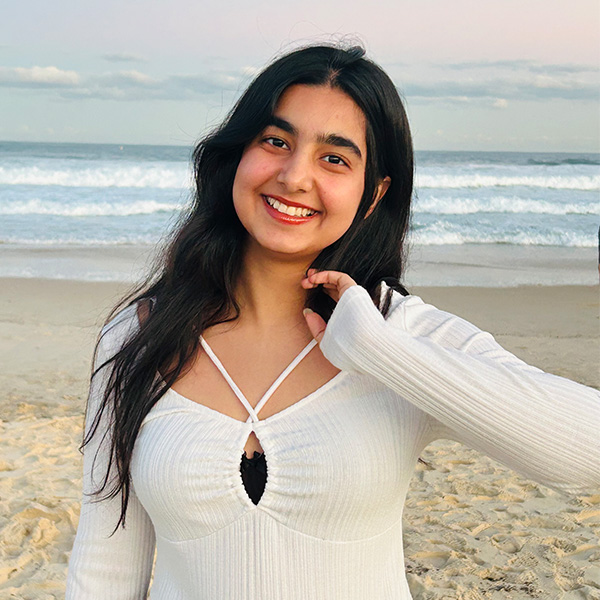
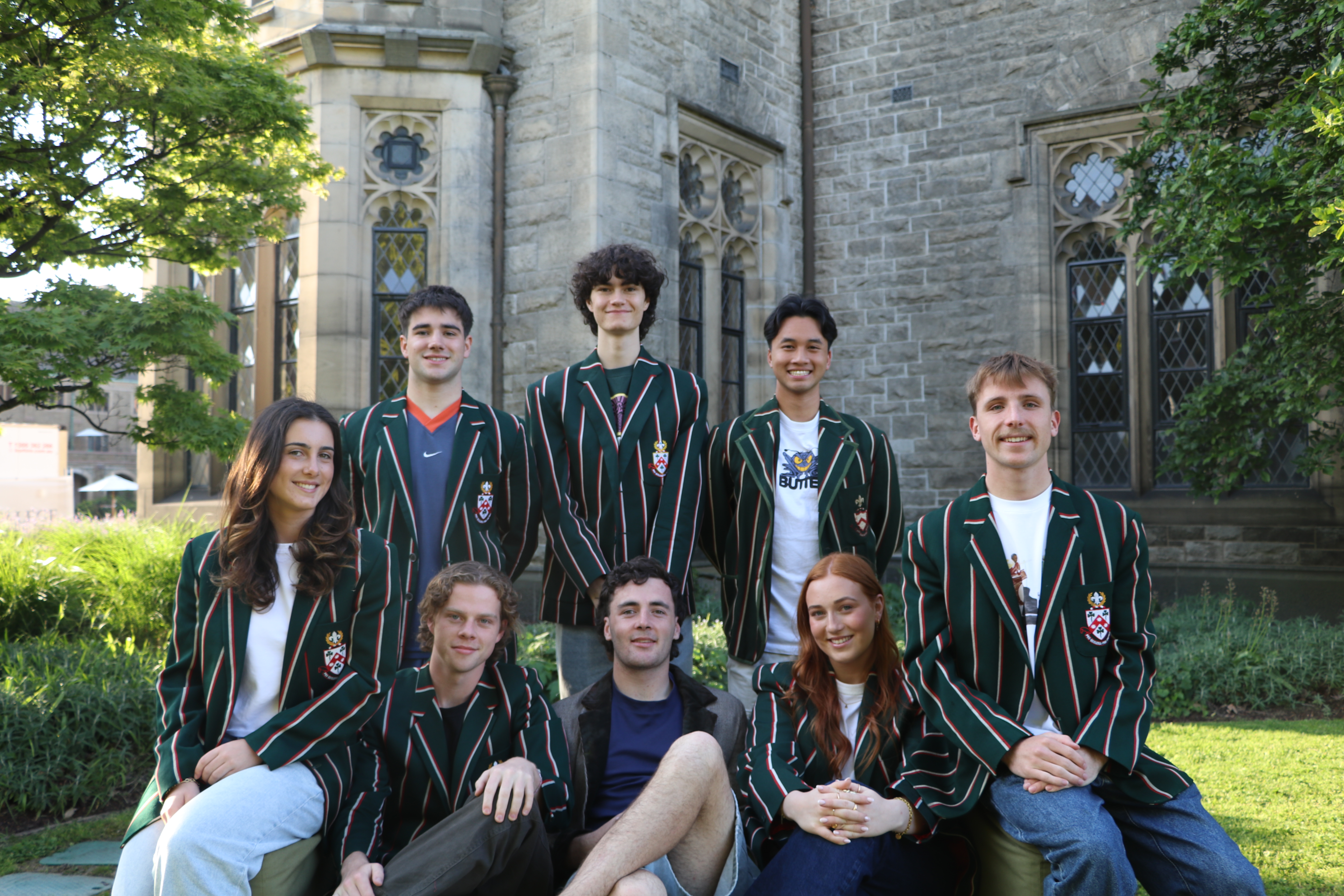
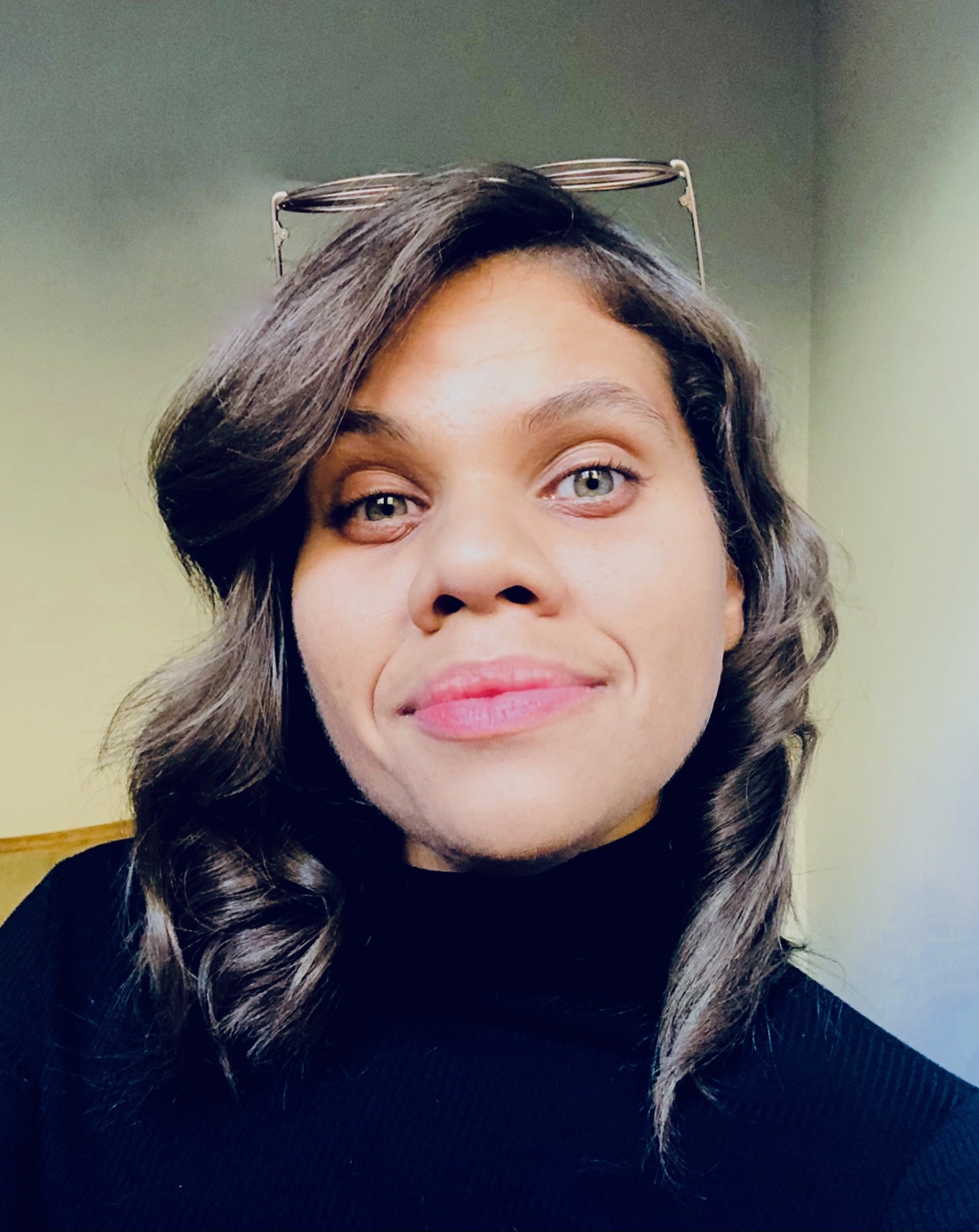

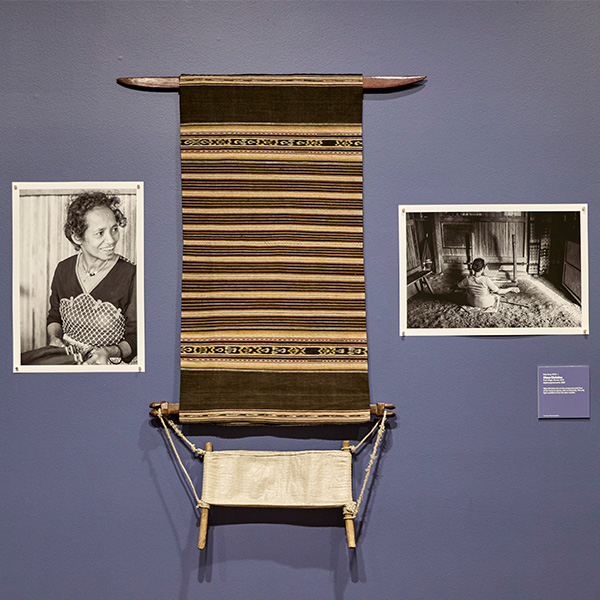

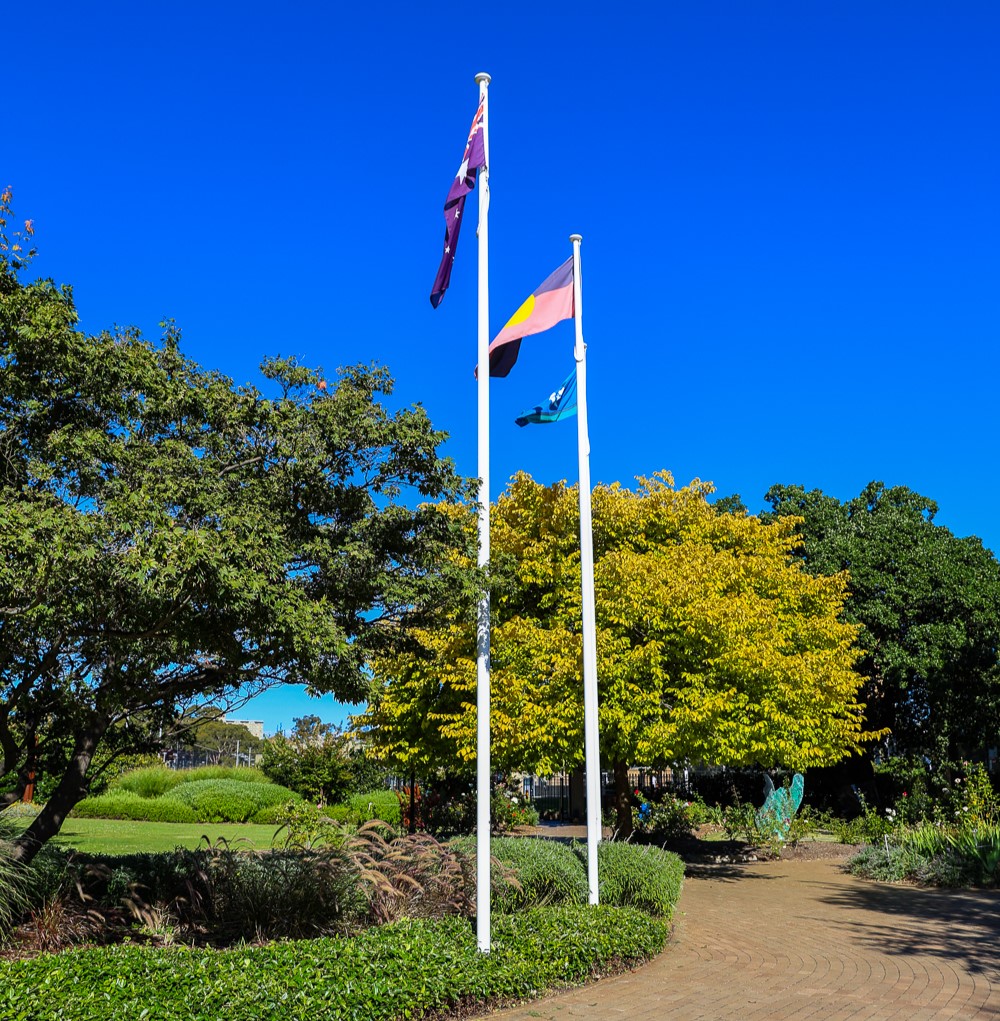
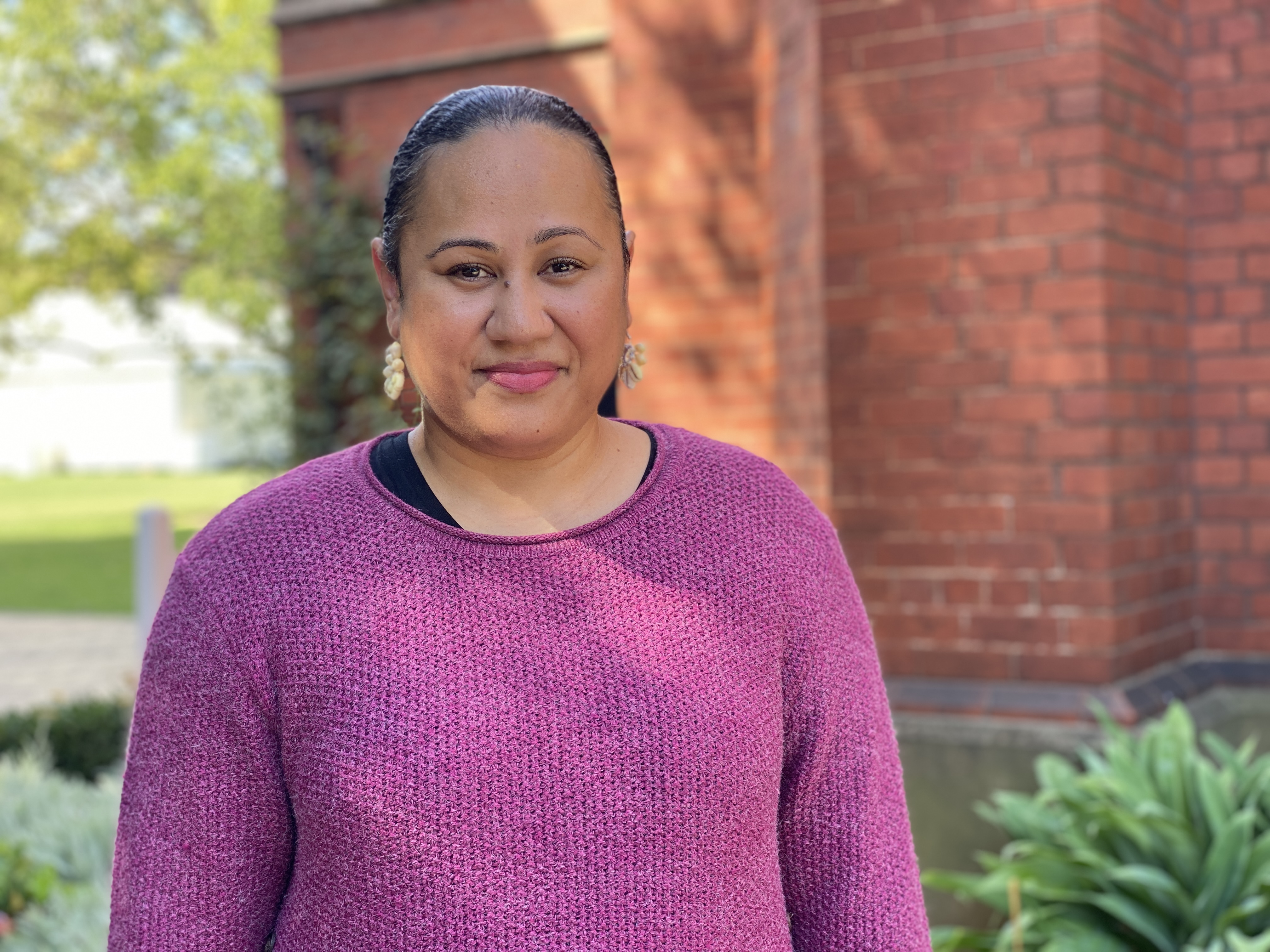
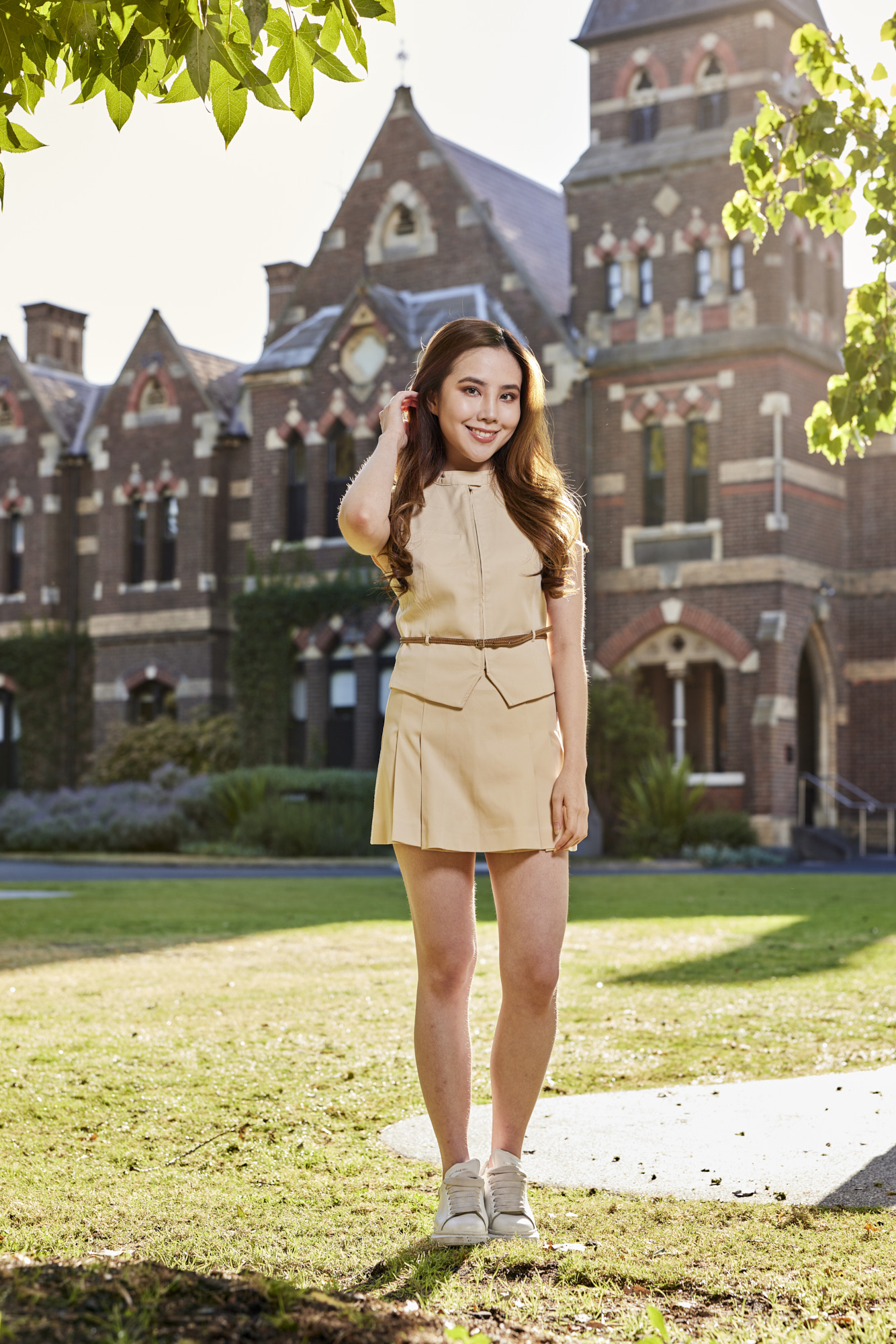
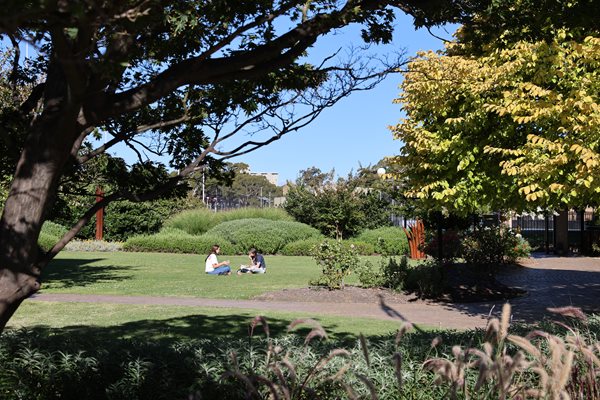
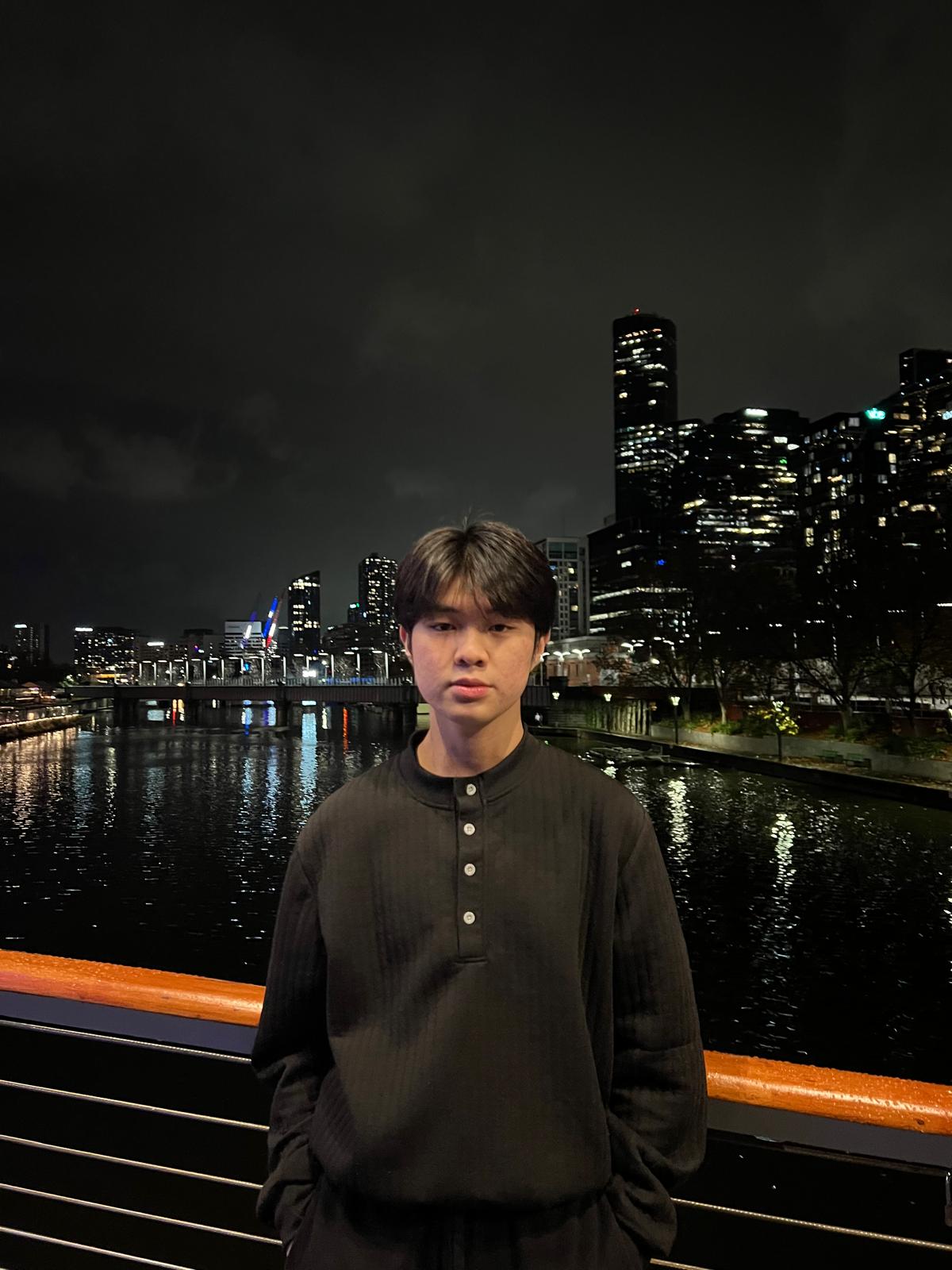


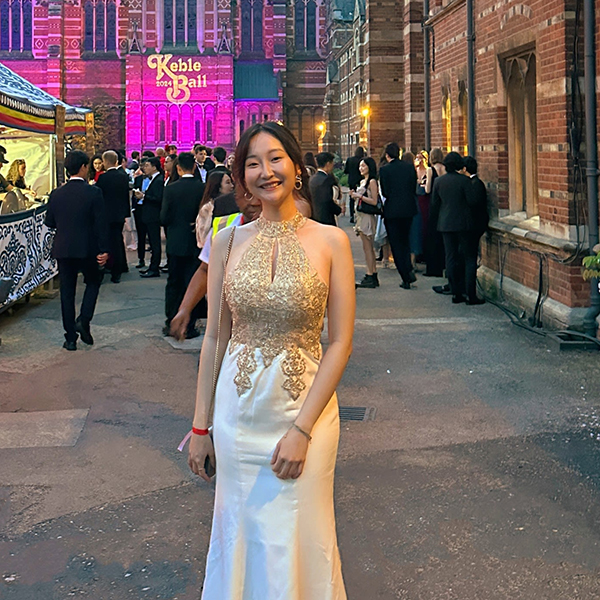
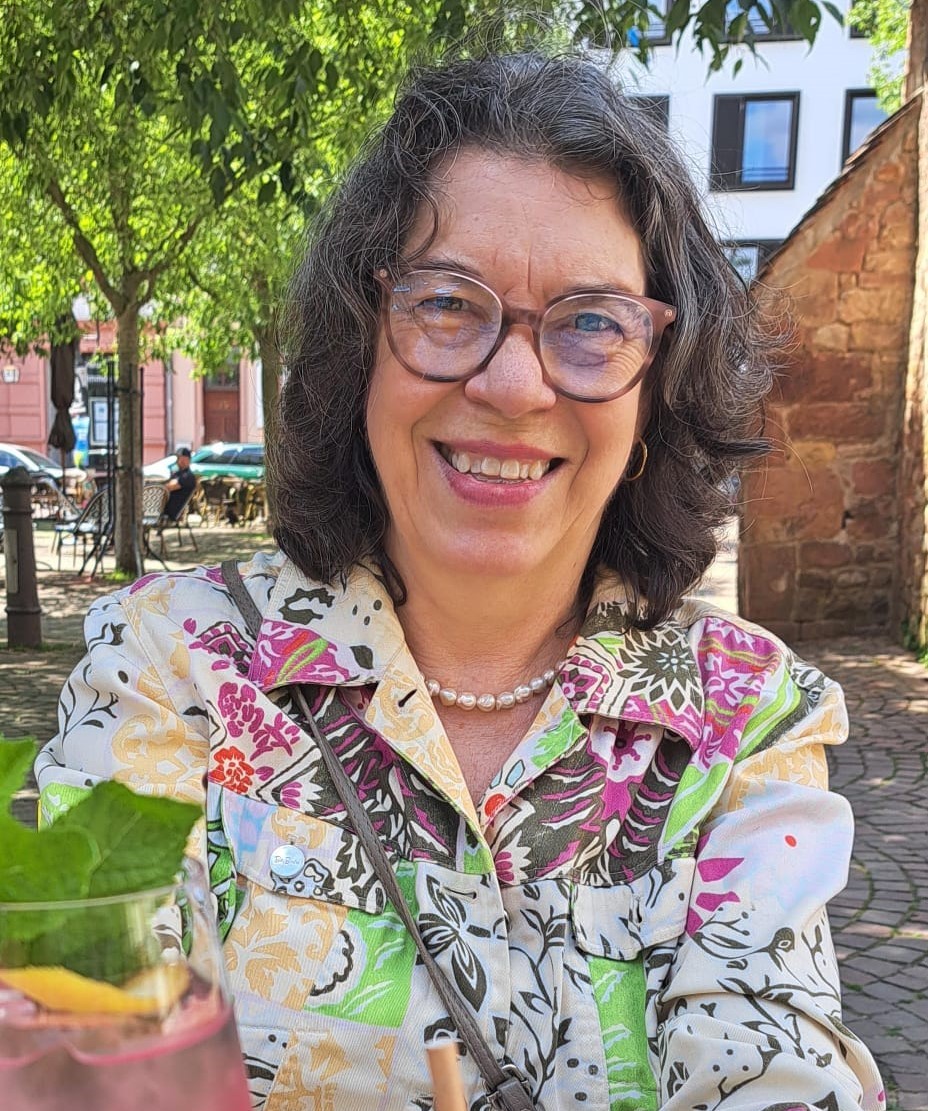
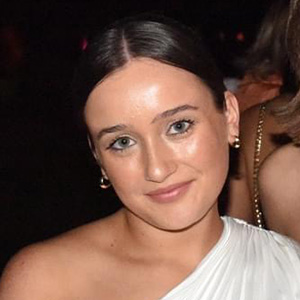
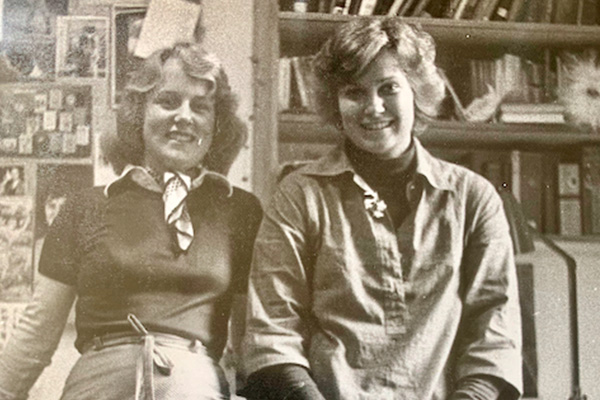
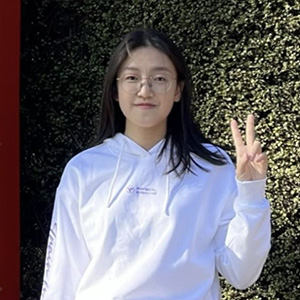


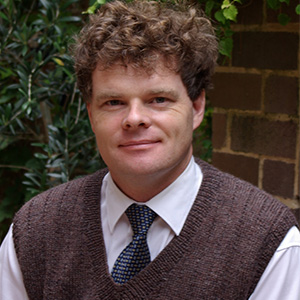

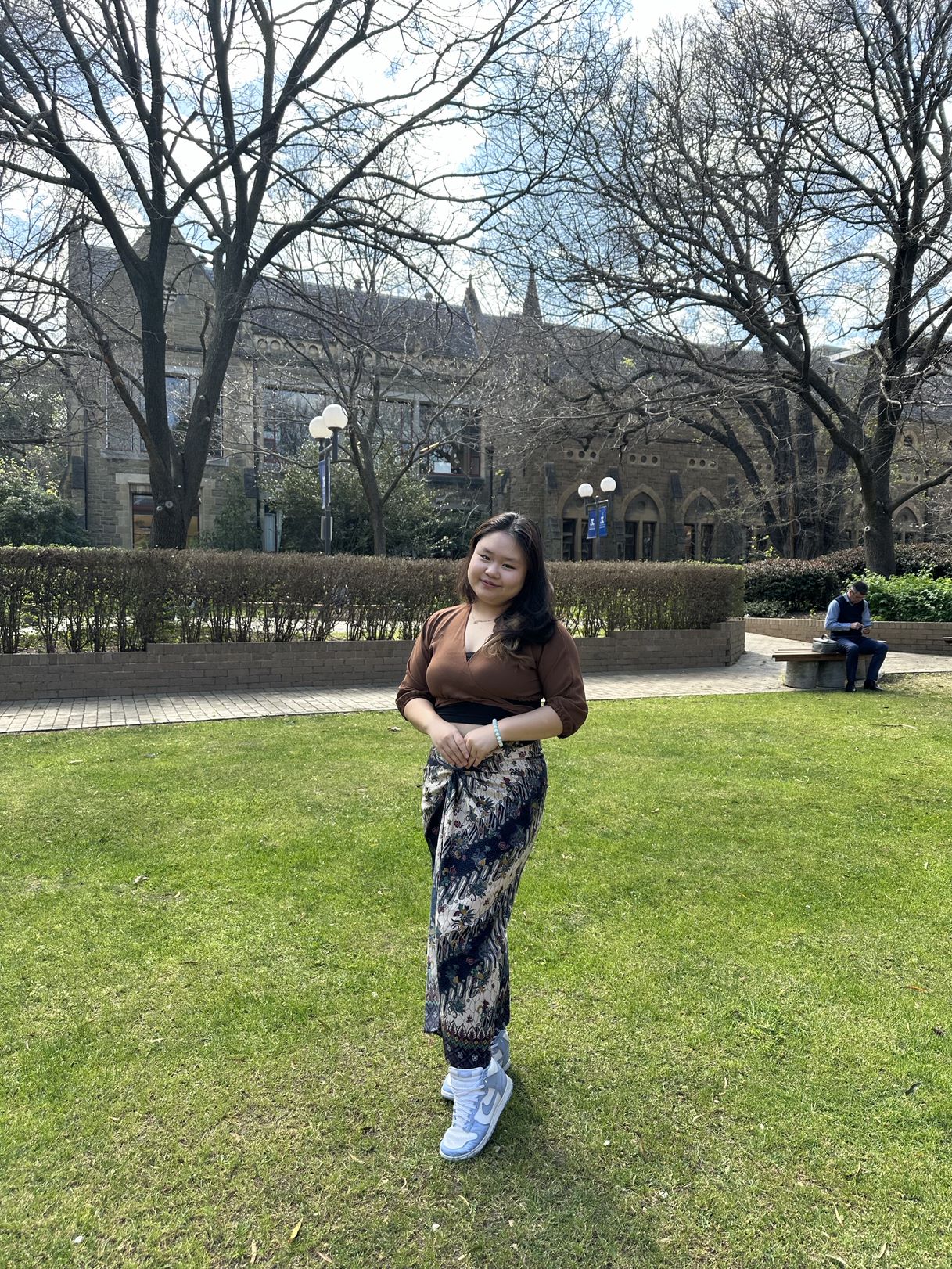
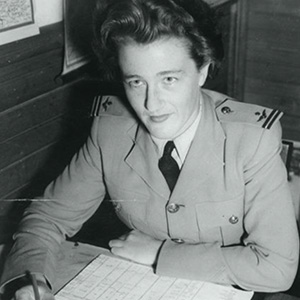



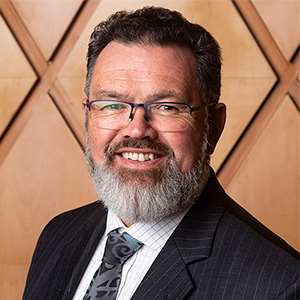
.jpg?width=300&height=300&ext=.jpg)
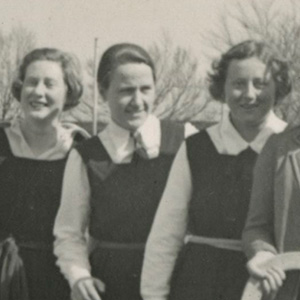
.jpg?width=300&height=300&ext=.jpg)
